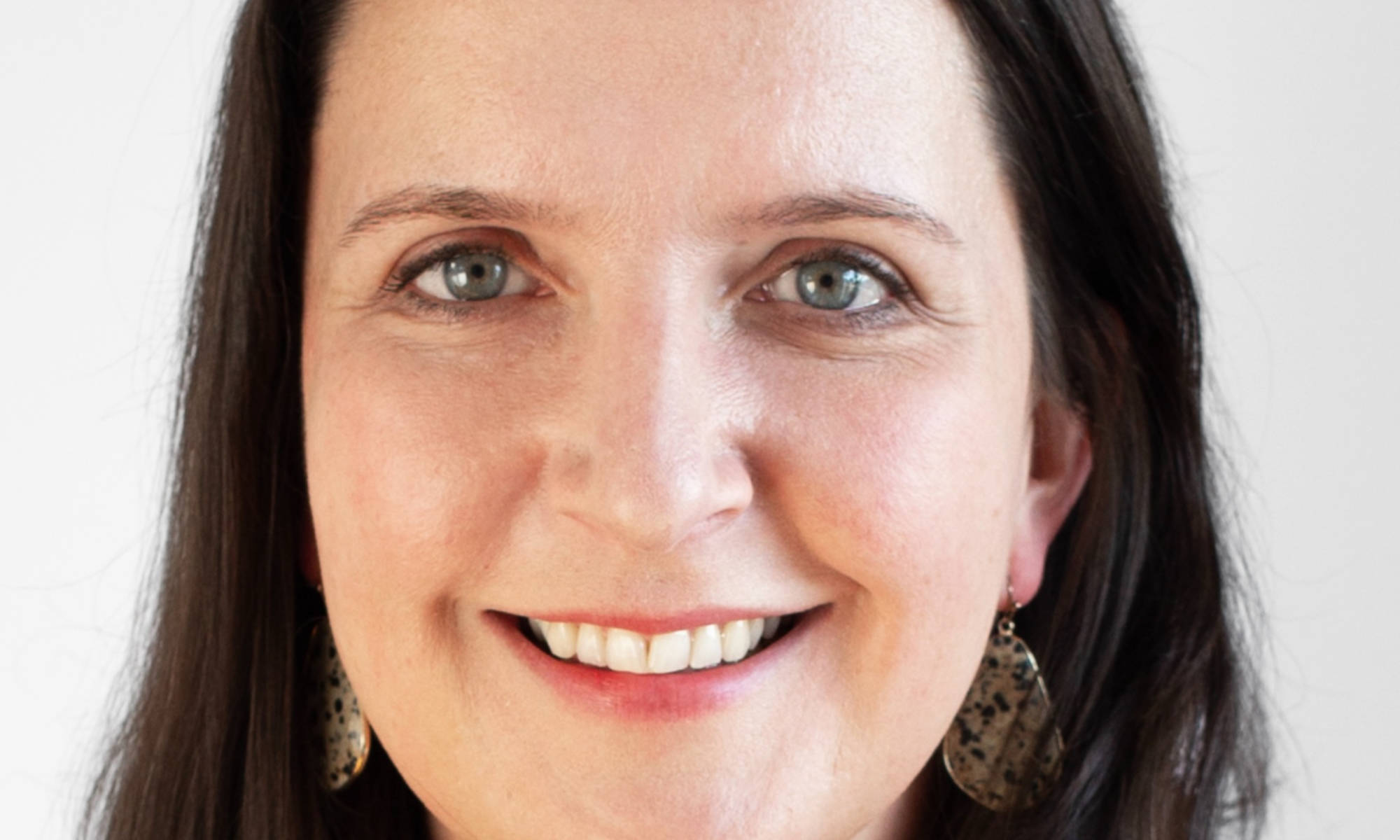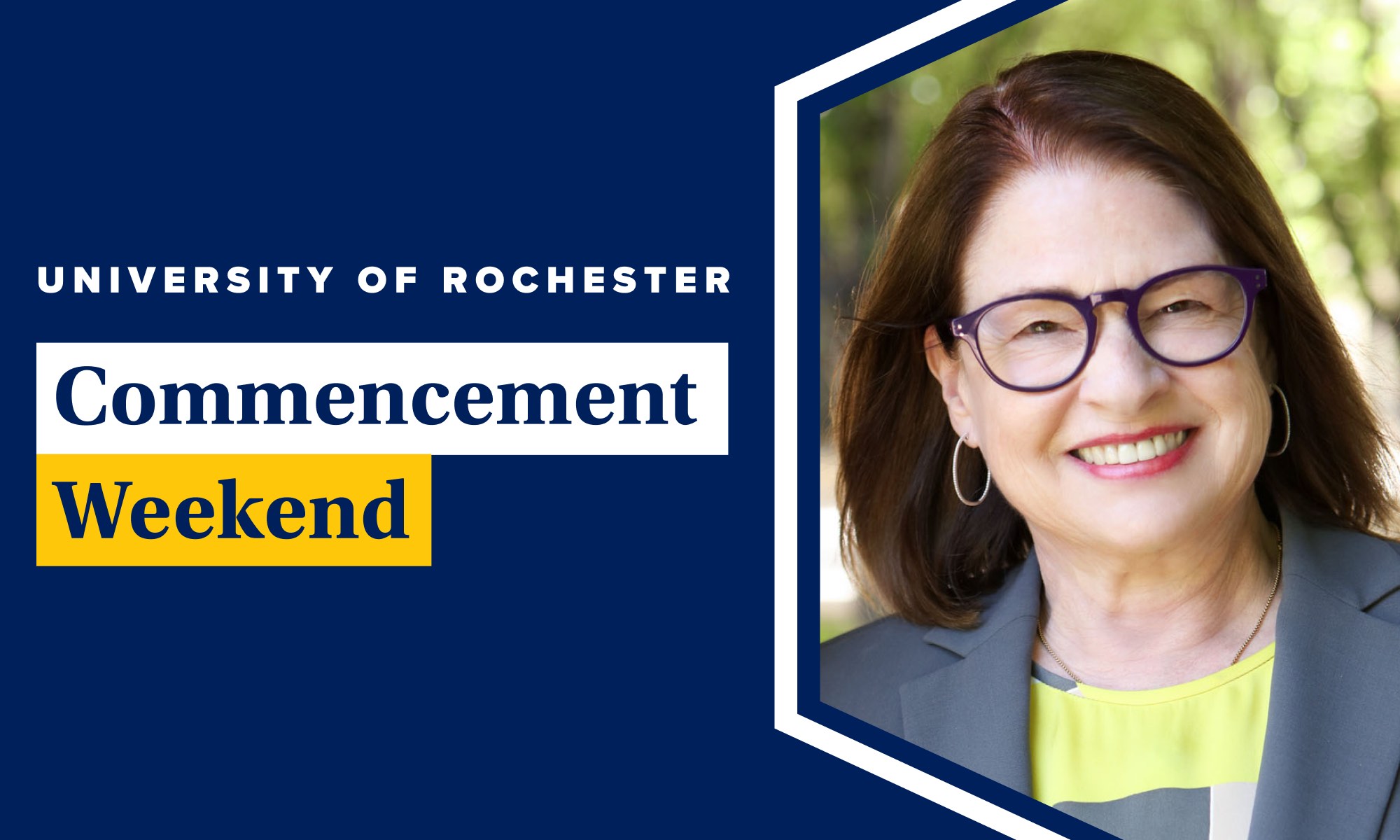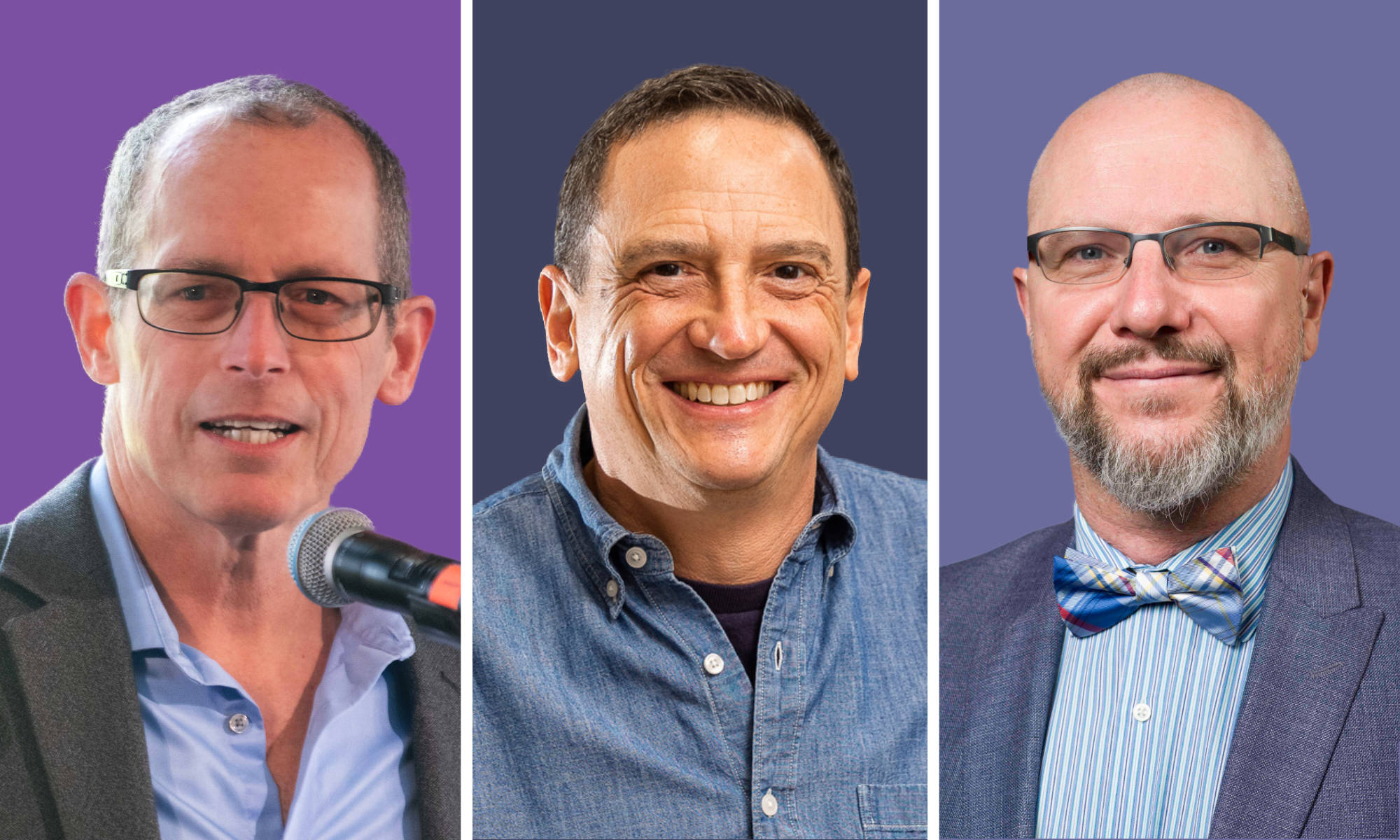Henry Kautz, the founding director of the Goergen Institute for Data Science at the University of Rochester, will direct the National Science Foundation (NSF) division that supports artificial intelligence, human-computer interaction, and data science.
“We at NSF are absolutely delighted to have Henry coming on board as division director of our Division of Information and Intelligent Systems,” says Jim Kurose, assistant director of NSF for computer and information science and engineering. “At this particularly important time for the field, it is critical to have a leader with such outstanding research accomplishments, deep insight, and tremendous national and international experience.”
“This is a huge opportunity for Henry to help define the direction of research in the all-important areas of data science and intelligent information systems. And I cannot think of anyone more qualified than Henry to lead NSF efforts in these fields,” says Wendi Heinzelman, dean of the Hajim School of Engineering & Applied Sciences and cochair of the search committee for a new director of the Goergen Institute. Ehsan Hoque, the Asaro-Biggar ’92 Family Fellow in Data Science and assistant professor of computer science, is serving as interim director while the search is conducted.
Kautz will serve for a three-year rotation, before returning to Rochester. He is an expert in artificial intelligence, pervasive computing, and health care applications, and his research has been cited more than 20,000 times. Kautz is a fellow of the American Association for the Advancement of Science (AAAS), the Association for Computing Machinery (ACM), and the Association for Advancement of Artificial Intelligence (AAAI), for which he has also served as president.
As division director, Kautz will help create calls for research proposals, manage the process for reviewing proposals and making award decisions, and work with other NSF officials to set strategy and policy.
“Artificial intelligence, human-computer interaction, and data science are changing the world in ways no one foresaw just a few years ago,” Kautz says. “I believe most of the changes are for the good, but we have seen that this kind of technology can also be used for unethical purposes. I hope and believe my work at NSF can help steer research toward enhancing the positive benefits of advanced computer technology.”
Kautz has interacted with NSF for decades as a grant recipient, and by volunteering to serve on NSF peer-review panels with other scientists to review proposals and offer recommendations to NSF’s science staff.
“I’ve consistently been impressed by the transparency and fairness of the process,” he said. “NSF does vital work—without it, the US would not be a leader in science—and does so with absolute integrity. I have often thought that someday I would like to do more with NSF than just serve on the occasional panel. NSF is not just another government bureaucracy: it is a true force for good in the nation and the world.”
Kautz says the opportunity to serve at NSF came at a perfect time. “For the past five years, I have been focused on building data science at the University starting before we had an institute or even the name ‘data science,’” he said. “We began with the first Big Data Forum in 2012. By last fall, we had in place all of the elements of our original vision: graduate and undergraduate degree programs, industry engagement, career events, new scientific collaborations, and a small but incredibly dedicated and hard-working professional staff. I was ready to step back and do something new.”



